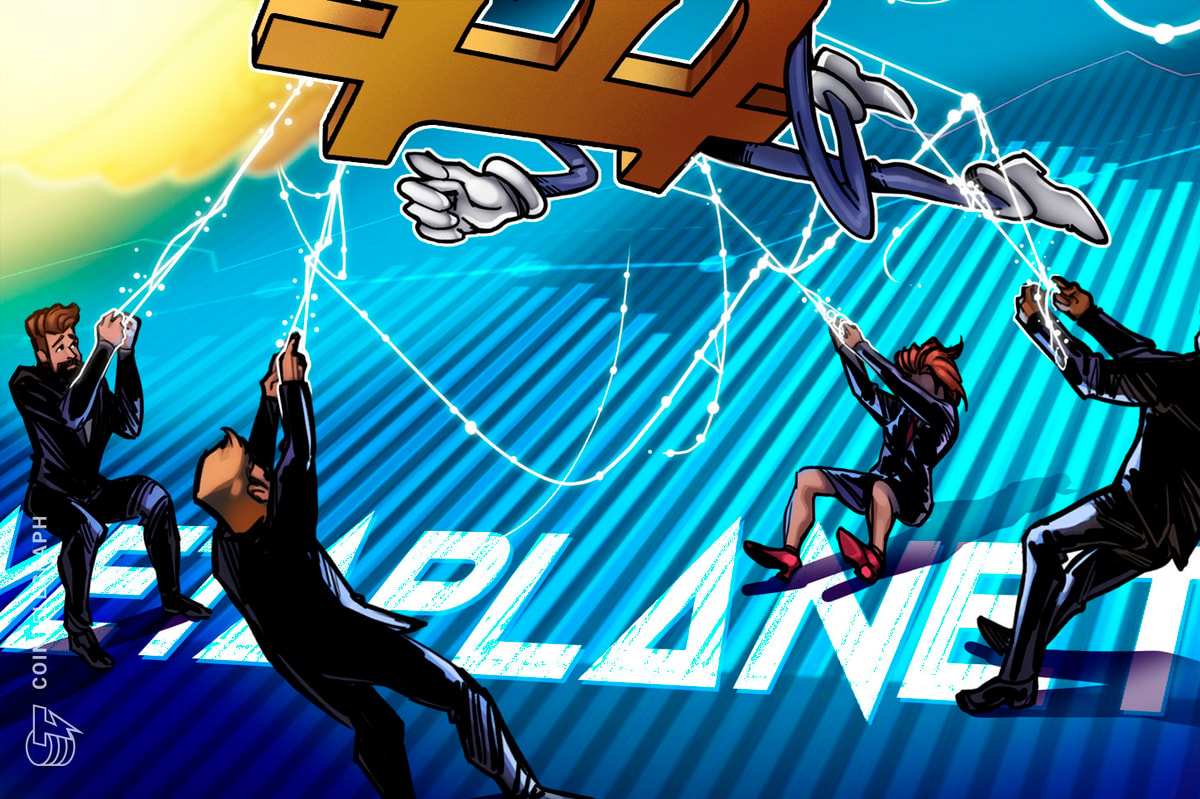A security expert is expected to unveil a new app that is able to crack remembered passphrases, known as brain wallets; Los Angeles startup Verisart will use the Blockchain to verify artwork authenticity; Crypto Facilities and Elliptic bring standards to Bitcoin trading and more top stories for July 9.
A Brain Wallet Cracker That Steals Your Bitcoins
If you are thinking of storing your bitcoins in your brain by simply remembering a passphrase and without keeping any records of private keys, then you are in for a disappointment. A security expert, Ryan Castellucci, plans to release Brainflayer an app that can crack brain wallets at the next hacker conference DefCon.
Castellucci says he is releasing the program as a public demonstration of the insecurity that exists with brain wallets.
Castellucci:
“People still want to use brain wallets because they like the idea of a key stored in your head […] They’re in denial about how bad the situation is, and some of them are going to get screwed.”
Verisart to Use the Blockchain to Verify Artwork Authenticity
Verisart, a startup based in Los Angeles, is planning to launch an artwork authentication service that uses the blockchain. Through this service, Verisart will certify, document and verify works for artists, dealers, and collectors.
The startup is in the final stages of acquiring seed financing from the Israel-based fund Rhodium.
Founder Robert Norton:
“We believe technology can aid trust and liquidity especially as more of the US$67 billion annual art market shifts to private sales (peer-to-peer) and online transactions. We believe the cryptographic token used in the block chain addresses the privacy and security concerns in the art world by ensuring the anonymity of buyer and seller and other sensitive information.”
BitGo and other companies comment on proposed California Bitcoin legislation
Seven digital currency companies based in California have written to the state's Senate expressing their interest in playing a major role in the enacting a law that is set to regulate the digital currency industry. BitGo, Bitnet, Blockstream, Chain.com Gem, Mirror, and Xapo have told the Senate Banking and Financial Institutions Committee that they are ready to offer industry insights to the bill.
The draft bill AB 1326 has already passed the California State Assembly. It is set to bolster AB 129-Lawful Money-that Governor Brown signed into law in June 2014 and made California the first state to legitimize cryptocurrency.
Part of the letter reads:
“We applaud the crafters of AB 1326 ‘Virtual Currency’ for exempting holders of Money Transmission licenses and eliminating unnecessary redundancy. Such licensing already addresses much of the risk from a consumer standpoint, as most of the services that are holding full custody of users’ digital currency funds interact with US Dollars.”
Crypto Facilities & Elliptic Bring Standards to Bitcoin Trading
Elliptic, a Bitcoin analytics and security firm, and Crypto Facilities, a Bitcoin derivatives exchange, have announced that they are launching a settlement and clearing mechanism that will see a separation of bitcoin custody and other functions of the exchange.
Jean-Christophe Laruelle, COO of Crypto Facilities, said:
"Capital markets would never entertain the idea of having an exchange hold assets or of pooling funds together. The history of high-profile hacks has demonstrated that this is not a solution for the bitcoin space either. With Elliptic, we have found the ideal partner to define a whole new benchmark for bitcoin clearing and custody."
Run and Get Paid in MangoCoinz
Three programming students from Serbia have come up with an application that awards you for running. The reward for the physical activity is in MangoCoinz, a special crypto currency that can be exchanged for money.
MangoCoinz has already received investment from StartLabs, an investment fund.
MangoCoinz website reads:
“Whenever you feel like going for a run, simply start the MangoCoinz app and keep the phone on you. Pocket or hand, doesn’t matter. The phone will evaluate your activity and the system will decide how many coins you are rewarded when your run ends.”
Largest Q&A Site in Japan Integrates Bitcoin Tipping
OKWave, the largest Q&A site in Japan, with over 40 million monthly visitors has announced an integration of bitcoin tipping. The website said through a blog post that this was another way users are going to show appreciation for the answers they find most fulfilling.
Today, the largest Q&A site in Japan, with over 40M monthly visitors announced bitcoin tipping t.co/QVEvP5DtBT pic.twitter.com/3WNGa61Ijb
— Roger Ver (@rogerkver) July 7, 2015security concerns in the art world by ensuring the anonymity of buyer and seller and other sensitive information.”
Uber Says It’s Not Integrating Bitcoin
Uber, a decentralized Taxi Service, has denied reports that it was working on integrating Bitcoin into its payment system. The company, in a statement, has said that the story, which began circulating on Thursday, was simply not true!
Litecoin Founder Offers to Help Fix Spam Attacks on Bitcoin
Charlie Lee, the creator of Litecoin (LTC), has offered to fix the current spam attack to the Bitcoin network. He had suggested a similar solution to what he is offering now three years ago, but developers rejected it.
Additionally, in a reddit post, Lee explained that a similar attack on the LTC network would not be not “economically feasible.”
Charlie Lee:
“The reason why it is immune to this attack is because it was attacked in a similar fashion (though to a much smaller degree) years ago. I noticed this flaw in Bitcoin and patched it in Litecoin.”

Miners Lost Over $50,000 Last Weekend from Bitcoin Hardfork
Over the past weekend, bitcoin miners recorded a loss of up to US$50,000 due to generation of invalid blocks. Two separate versions of the blockchain or a “fork” appeared on Saturday and continued to exist for six blocks. Three other invalid blocks were generated the following day.












